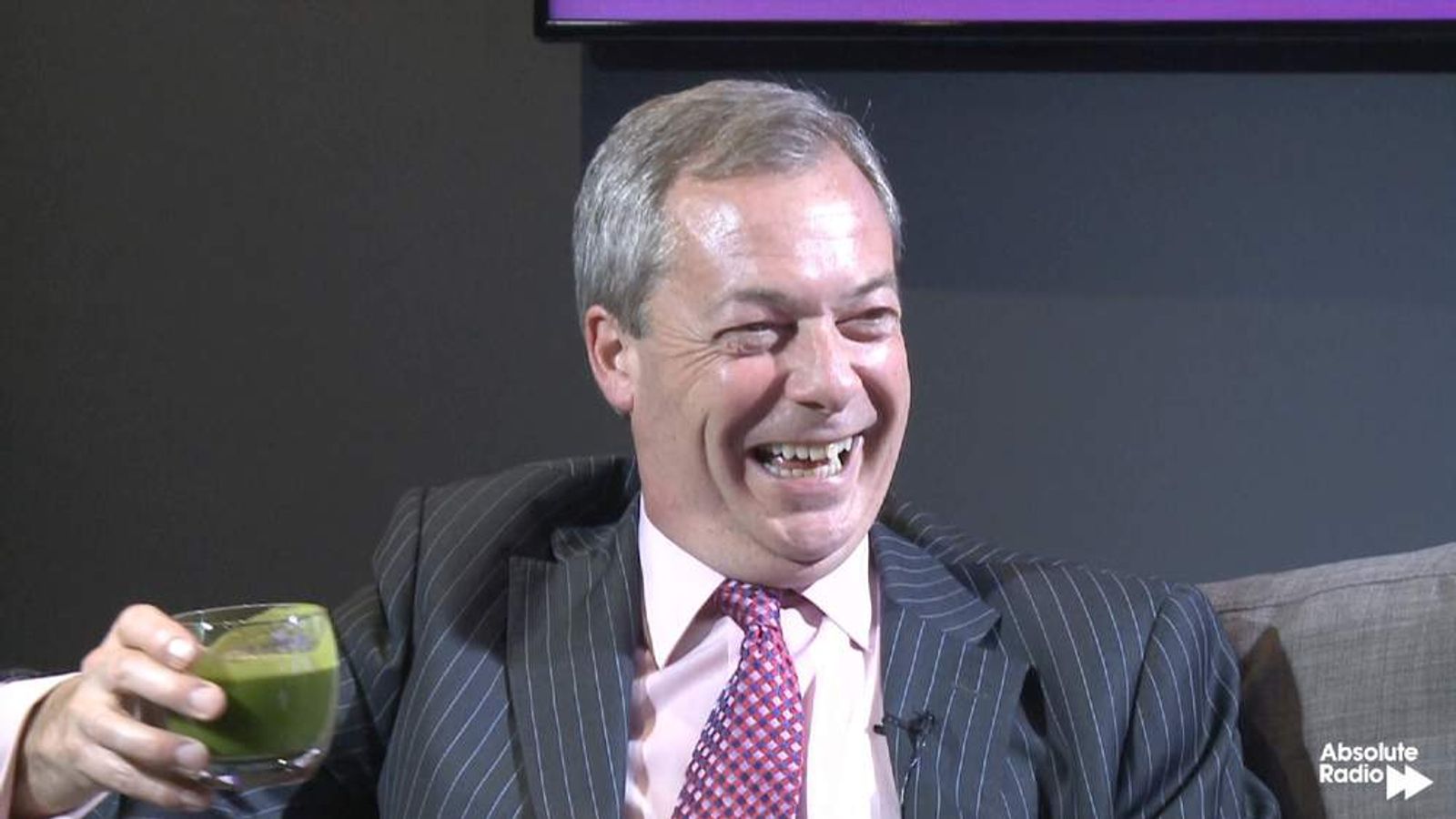Blackentheborg
Dennis Skinner's molotov
- Location
- Grand Hotel Abyss
- Pronouns
- He/Him
Career of Jeremy Clarkson
1972-1973: Voice actor, BBC Radio 4
- stared in Children's Hour serial adaptation of Anthony Buckeridge's Jennings novels until his voice broke
1974-1981: Student
- expelled from Repton School for disorderly behaviour
1981-1989: Journalist
- wrote for Rotherham Advertiser, Rochdale Observer, Wolverhampton Express and Star, Lincolnshire Life, Shropshire Star, The Times and The Daily Telegraph
1989-1994: Embedded journalist, Daily Telegraph Brussels Bureau
- briefly the favourite journalist of Prime Minister Margaret Thatcher, but annoyed her successor John Major
1994-2000: Opinion columnist, the Sun
1997-2001: Magistrate for the Epping Magistrates Court
1999: UKIP candidate for South East England (European Parliament)
lost to Chris Huhne (Liberal Democrats)
2000-2001: Guest, Have I Got News for You
2000-2002: Panelist, Question Time
2001-2015: Conservative Party MP for Witney
'01: defeated Michael Bartlet (Labour), Gareth Epps (Liberal Democrats), Mark Stevenson (Green), others
'05: defeated Liz Leffman (Liberal Democrats), Tony Gray (Labour), Richard Dossett-Davies (Green), others
'10: defeated Dawn Barnes (Liberal Democrats), Stuart MacDonald (Green), Joe Goldberg (Labour), others
'15: lost to Larry Sanders (Green), Duncan Enright (Labour), Simon Strutt (UKIP), Andy Graham (Liberal Democrats), others
2012-2015: Secretary of State for Transport
appointed by Prime Minister John Bercow
- dismissed from post following assault of a policy adviser, as well as a prior altercation with a hoodie in 2006, covered up as part of Bullygate
2016-present: Private citizen, author, farmer
1972-1973: Voice actor, BBC Radio 4
- stared in Children's Hour serial adaptation of Anthony Buckeridge's Jennings novels until his voice broke
1974-1981: Student
- expelled from Repton School for disorderly behaviour
1981-1989: Journalist
- wrote for Rotherham Advertiser, Rochdale Observer, Wolverhampton Express and Star, Lincolnshire Life, Shropshire Star, The Times and The Daily Telegraph
1989-1994: Embedded journalist, Daily Telegraph Brussels Bureau
- briefly the favourite journalist of Prime Minister Margaret Thatcher, but annoyed her successor John Major
1994-2000: Opinion columnist, the Sun
1997-2001: Magistrate for the Epping Magistrates Court
1999: UKIP candidate for South East England (European Parliament)
lost to Chris Huhne (Liberal Democrats)
2000-2001: Guest, Have I Got News for You
2000-2002: Panelist, Question Time
2001-2015: Conservative Party MP for Witney
'01: defeated Michael Bartlet (Labour), Gareth Epps (Liberal Democrats), Mark Stevenson (Green), others
'05: defeated Liz Leffman (Liberal Democrats), Tony Gray (Labour), Richard Dossett-Davies (Green), others
'10: defeated Dawn Barnes (Liberal Democrats), Stuart MacDonald (Green), Joe Goldberg (Labour), others
'15: lost to Larry Sanders (Green), Duncan Enright (Labour), Simon Strutt (UKIP), Andy Graham (Liberal Democrats), others
2012-2015: Secretary of State for Transport
appointed by Prime Minister John Bercow
- dismissed from post following assault of a policy adviser, as well as a prior altercation with a hoodie in 2006, covered up as part of Bullygate
2016-present: Private citizen, author, farmer
Last edited:


